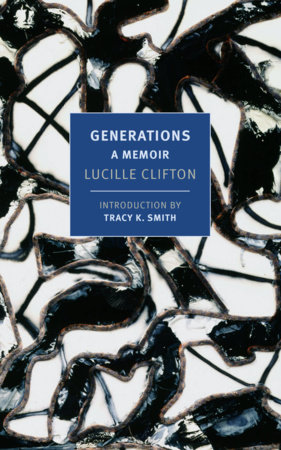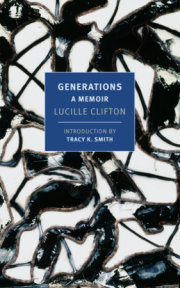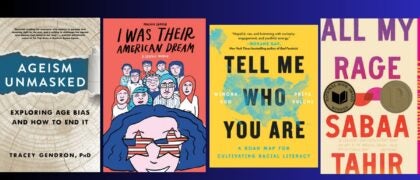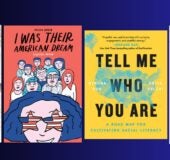"Those qualities—celebration, acknowledgment, recognition—are also abundantly present in Generations. . . In Generations, she tells the uniquely Black and quintessentially American story of her family. . . . Clifton brings a folksy poetry and an economy that amounts to a magic trick." —Clifford Thompson, Commonweal
“Impressive—honest, clear-eyed with a shapeliness natural to poets. . . . In addition to possessing the ease and intimacy of Clifton’s poetry, Generations speaks to, for, and from fictional and posthumous lives—Moses, Medgar Evers, Amazons, Bob Marley, Sleeping Beauty, etc. She is comfortable and knowing about the dead. . . . Lucille is another word for light, which is the soul of ‘enlightenment.’ And she knew it.” —Toni Morrison
“Generations is a book about staring history in the face. . . . she (Clifton) faced the profound absurdity of being alive.” —Lavelle Porter, JSTOR Daily
"Of great poets whose poems are kin to Clifton’s, I think of Emily Dickinson; to Dickinson’s intense compression Clifton adds explicit historical consciousness. And of Pablo Neruda: Clifton subtracts hyperbole from his elemental clarity.” —Elizabeth Alexander, The New Yorker
“Lucille Clifton helped me hear things—helps all of those who love her work hear things that they would rather ignore.” —Reginald Dwayne Betts
“[Clifton’s] works are explicitly historical and of a palpable present moment.” —The Paris Review
“You can easily see the reflection of [Clifton’s] tight, spare poetry in this exceedingly compact book, which is all the more affecting for its light touch and suggestive sketches of all the American Sayles, including a few of the white ones.” —Kirkus Review
“[Generations] is a song of self. All the defiant joy of [Lucille Clifton’s] verse is present in this family history, beginning with the ancestor who walked cross-country only to be sold into slavery at age 8. For those whose histories were stolen through violence, this is a proclamation of power and resistance.” —Jessica Ferri, Los Angeles Times
“Lucille Clifton is amazing. . . [A] powerful book about looking for family and family roots. . . What is beautiful in [Generations] is the sounds of the voices . . . of family coming through the story.” —Tess Taylor, "All Things Considered," NPR






